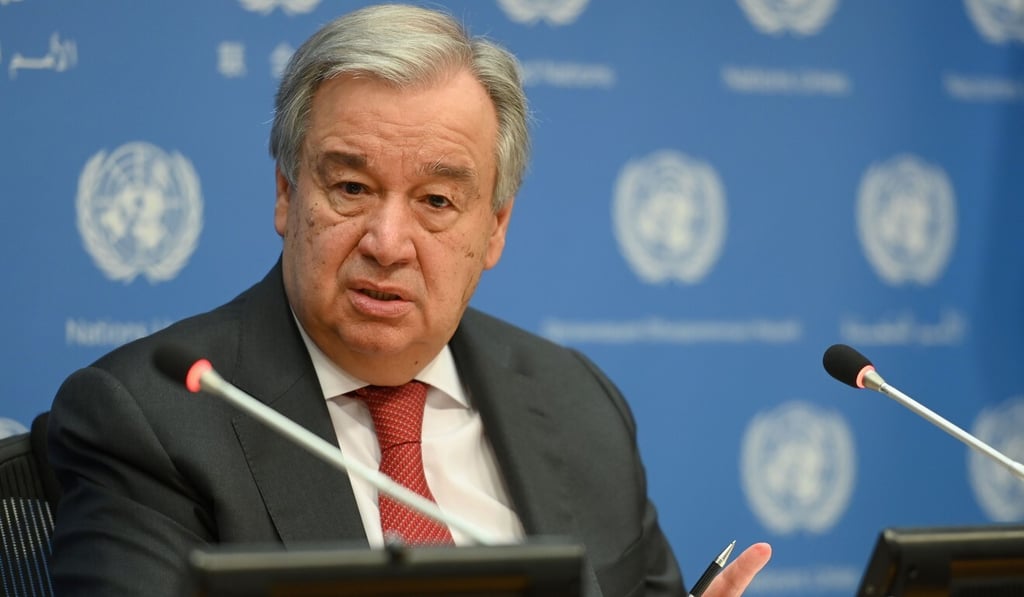Advertisement
Coronavirus pandemic may bring ‘major mental health crisis’, UN says
- Psychological distress is ‘widespread’ amid physical isolation, fear of infection, dying or losing loved ones, and anxiety over economic turmoil
- United Nations chief Antonio Guterres calls for urgent action to ‘help and stand by’ those most at risk
Reading Time:3 minutes
Why you can trust SCMP

The Covid-19 pandemic has the potential to become a global mental health crisis, United Nations experts have warned, with many people under severe psychological strain.
“Psychological distress in populations is widespread … A long-term upsurge in the number and severity of mental health problems is likely,” the UN said in a policy brief on Wednesday. The brief said the pandemic carried “the seeds of a major mental health crisis”, and many people were distressed by the physical isolation caused by social distancing, and fear of infection, dying or losing loved ones.
Nearly 300,000 people have died and over 4.3 million have been infected worldwide since the coronavirus was first reported in China late last year. Anxiety about economic turmoil, and the potential loss of income and livelihoods was also affecting millions of people around the world.
Advertisement
UN Secretary General Antonio Guterres called for urgent action to address the looming crisis.
“Those most at risk are frontline health care workers, older people, adolescents and young people, those with pre-existing mental health conditions and those caught up in conflict and crisis,” Guterres said in a video message launching the brief. “We must help them and stand by them.”
Advertisement

Advertisement
Select Voice
Select Speed
1.00x